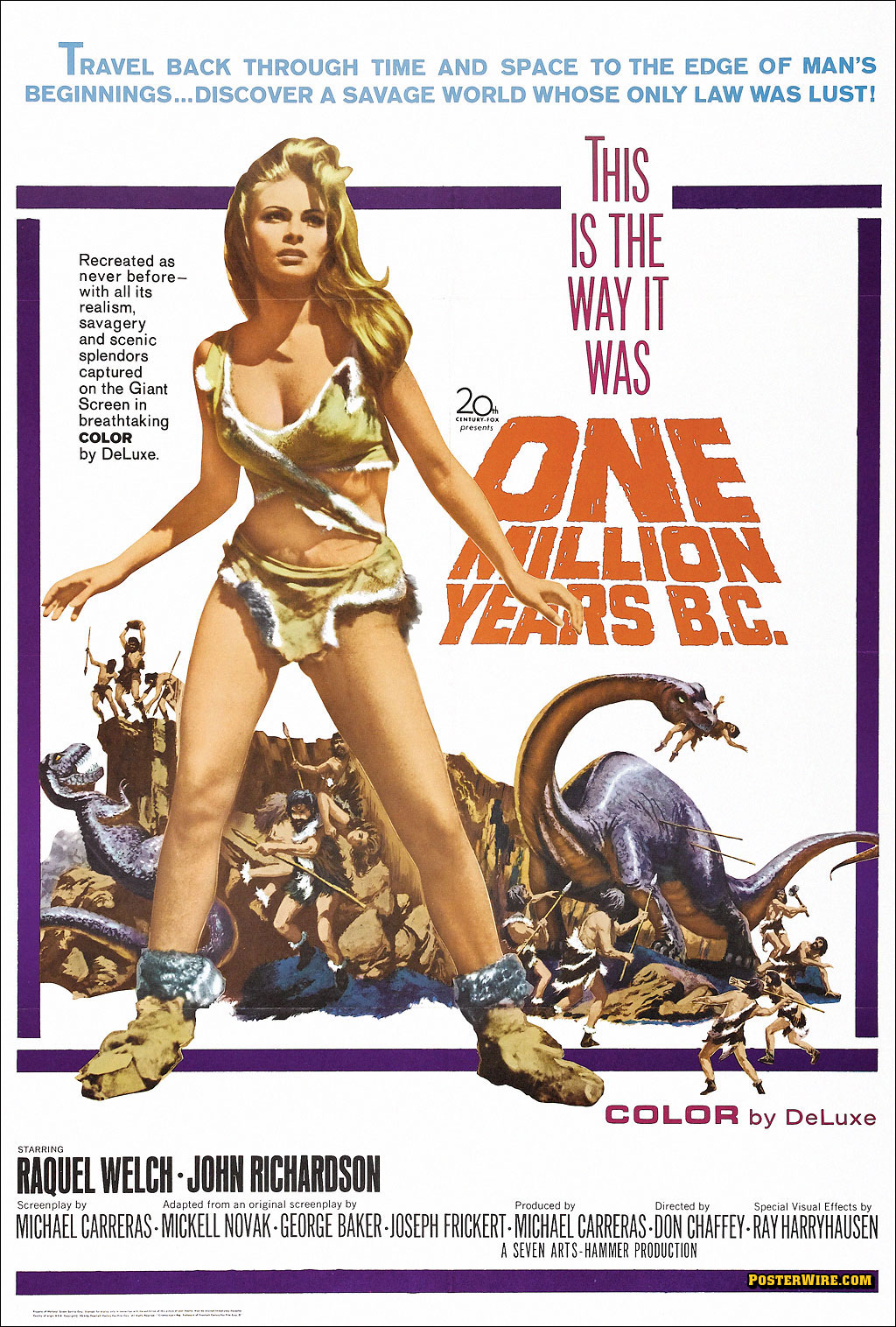 I've been thinking about the ways we read the Bible, probably as a result of the Channel 4 series, The Bible A History. The following ideas are not exhaustive. They outline three ways to approach the Bible, all of which can be subdivided into many approaches.
I've been thinking about the ways we read the Bible, probably as a result of the Channel 4 series, The Bible A History. The following ideas are not exhaustive. They outline three ways to approach the Bible, all of which can be subdivided into many approaches.
Two of these are imposed readings, at each end of a continuum. Imposed readings are where we come to the Bible with a clear expectation of what it says. We know what is good and right, and expect the text to tell us so.
One way to do this leads away from God and truth. Fundamentalist approaches are typical. Their journey takes them away from the Biblical text. Creationism is an excellent example of what I mean. There is a museum in the States, which has models of dinosaurs with saddles to show they existed at the same time as humanity. This flight of fantasy, presumably from films like 1 million years BC, ('this is the way it was' - indeed!), has no relation to any text in the Bible. Creationists say there is no fossil evidence for evolution (untrue), but there's certainly no archaeological evidence for dinosaur saddles! But some atheists read the Bible in the same way. We all know it is impossible to walk on water and so Jesus cannot have walked on water. Such a view dismisses the text as meaningless (the same goes for the claim that Jesus is the son of God and so could walk on water). Ultimately these imposed readings are point scoring exercises and have no validity.
The second type of imposed reading is quite different. This is where experience tells us a particular reading is helpful in terms of our walk with God. Note this is still an imposed reading. The Christian traditions use a variety of approaches, outside scripture, to interpret texts. For Methodists they are reason, experience and tradition. Some of these readings can be very strict and commit believers to follow a particular line. Others are more relaxed.
The third way of reading the Bible is through recognition. It is where we are able, perhaps after many years of using the second method, to recognise our own experience in the Bible. For example, we might expect the men and women who populate the pages of the Bible to be role models. Eventually, we see them as frail mortals who are loved by God but not because they are perfect. God loves them because they are prepared to converse with God. They are able to suspend their expectations and hear what God is saying.
It is easy to confuse this approach with the first. The difference is, with recognition the discovery is unexpected. Insofar as we are able to approach the texts without preconceptions, the more likely we are to enter into a conversation with the text. On occasion, we may find such a conversation is generative of something new.

Comments